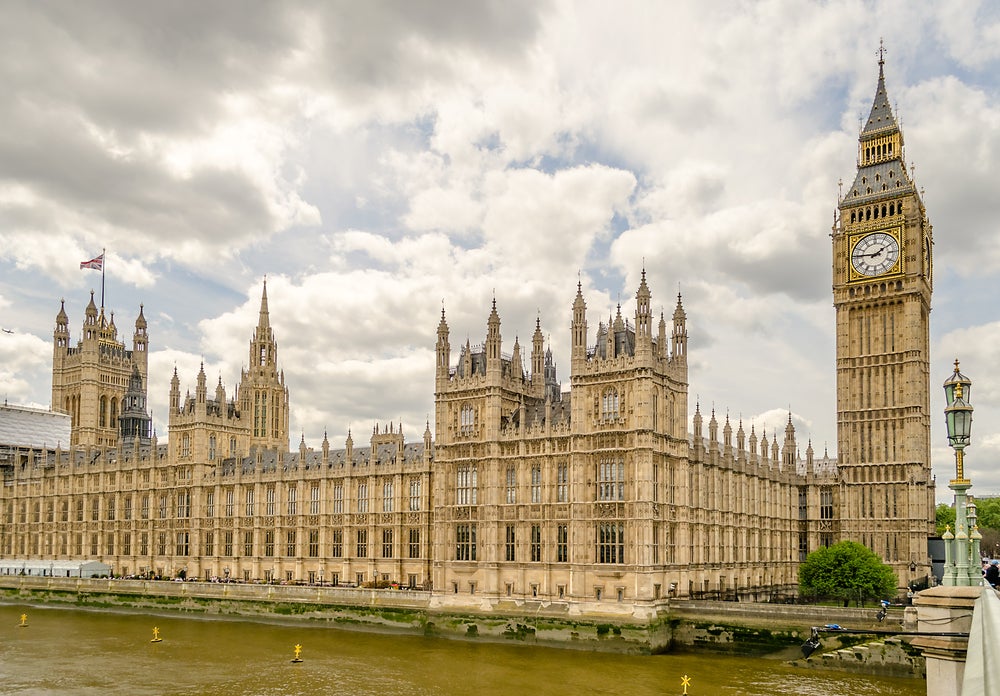
The Government is facing a rare united lobbying effort from all parts of the media seeking greater protection for sources in the Investigatory Powers Bill.
The National Union of Journalists is working with the News Media Association, Society of Editors and publishers to push for greater safeguards in the bill – which goes for its second reading at the House of Lords on Monday.
As it stands the bill states that police requests for telecoms records made in order to identify journalistic sources must go to a judicial commissioner for approval and that they must consider the overriding public interest. But the requests would be made in secret to telecoms providers.
There are no protections for journalists around the other surveillance powers in the bill concerning the collection of computer and internet data.
Lord Howe, deputy leader of the Lords, is set to reintroduce the bill on Monday. It is expected to complete its journey through Parliament by the end of September.
In a letter to Lord Howe Bob Satchwell, executive director of the Society of Editors said: “The media industry in the UK is united in its response to the Investigatory Powers Bill. Across the industry, from the NUJ to the Media Lawyers Association and the NMA, we remain extremely worried by the lack of sufficient safeguards contained in the draft Bill.
“The Bill must be changed:
- to require prior judicial approval, after hearing media representations
- to require prior notice to be given to the media of the authorisation application
- to include a robust set of freedom of expression conditions for the applicant to satisfy
- to protect the media’s right to participate in the hearing of an application before an independent judge, with rights of swift appeal, before use of the power is authorised.
“This would ensure that the judge has all the relevant information necessary to make the decision on approval of any authorisation and its extent.
“These requirements should apply to any authorisation of the various investigatory powers set out in the Bill and RIPA in relation to journalistic activities and sources.
The letter concludes: “I am sure that you appreciate that a free media is a fundamental aspect of any functioning democracy. The bedrock of a free media is the ability of journalists to do their work in confidence, without the worry of secret intrusion by organs of the state. Even in grave or urgent circumstances there must be proper and powerful advance safeguards than cannot be circumvented for reasons of expediency.
“Journalists are well aware of the need for the police and security services to be able to carry out their vital duties without impediment. The media too has an important role in helping to ensure the safety of the public and maintaining confidence in those who work to protect our way of life. Unjustified intrusion in the work of the media is not the way to achieve public confidence.
“I hope that you and your colleagues will look again at the proposed legislation and use your powers of scrutiny to ensure that the provisions currently omitted are included in full.”
The Society of Editors has also written to Security Minister John Hayes expressing its concerns that are shared with the News Media Association, the Media Lawyers’ Association and the National Union of Journalists.
Speaking at a law conference in London earlier this month, former Guardian editor Alan Rusbridger urged journalists to fight back against the proposals for the state to have free access to their electronic communications.
He said: “If this becomes entrenched it will lead to sources dying, because people in other countries look to Britain and see Britain as a country which has high standards of freedom of speech, if we shrug that gives a terrible example to the rest of the world.”
https://www.pressgazette.co.uk/alan-rusbridger-sources-will-die-if-we-dont-push-back-hard-at-snoopers-charter-threat-to-press-freedom/
Email pged@pressgazette.co.uk to point out mistakes, provide story tips or send in a letter for publication on our "Letters Page" blog
